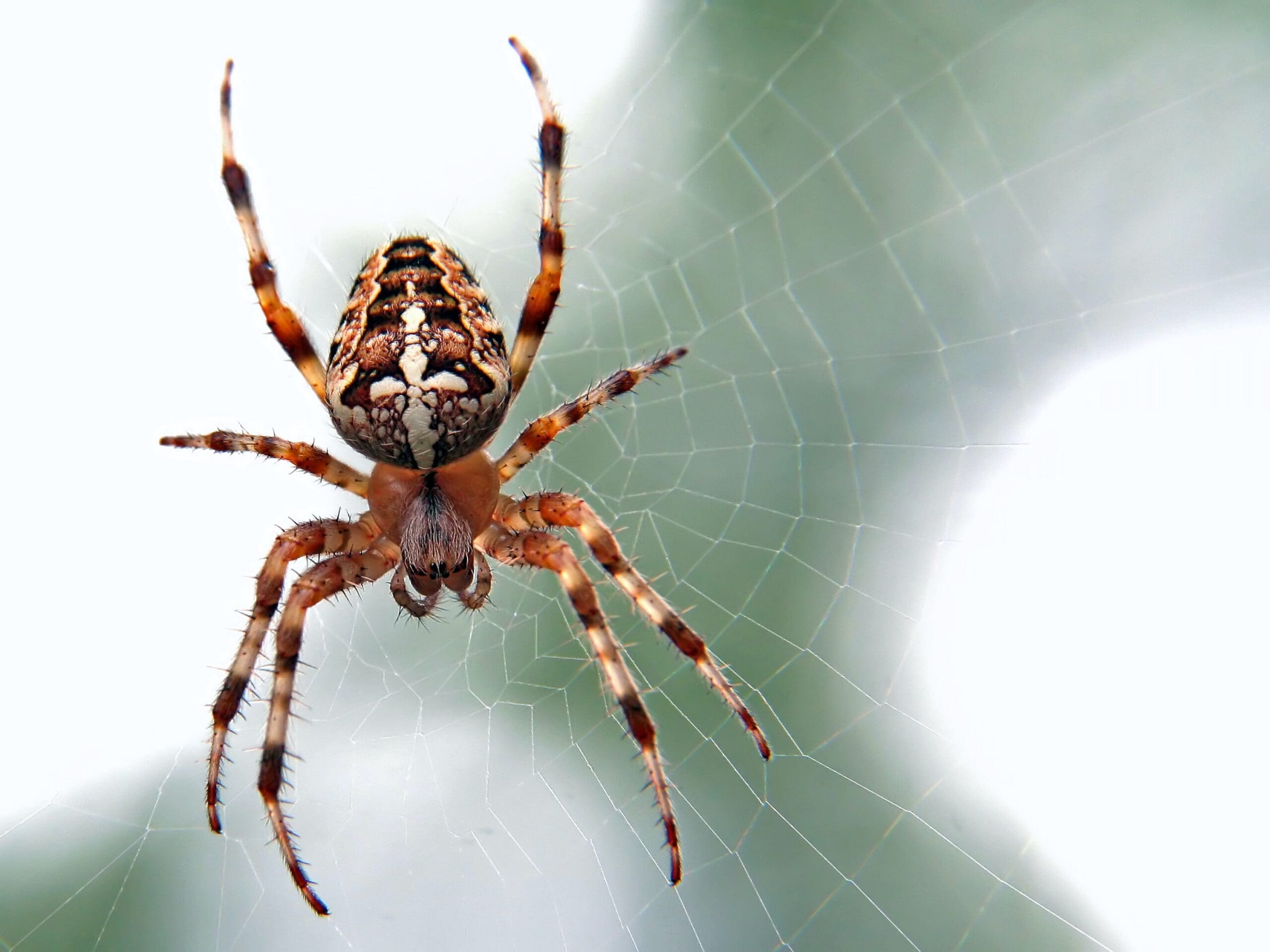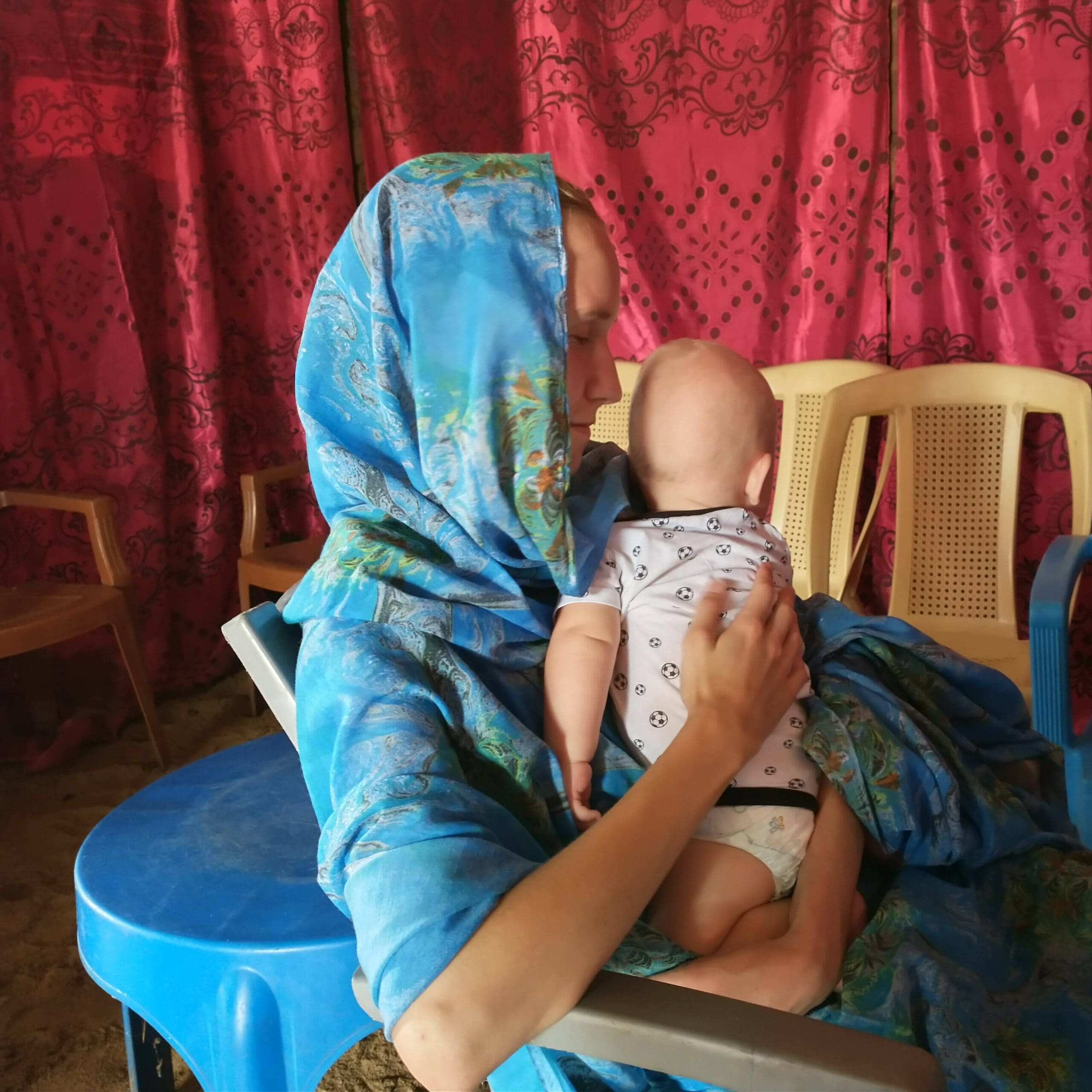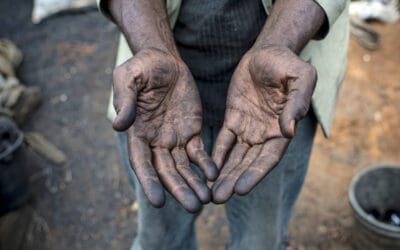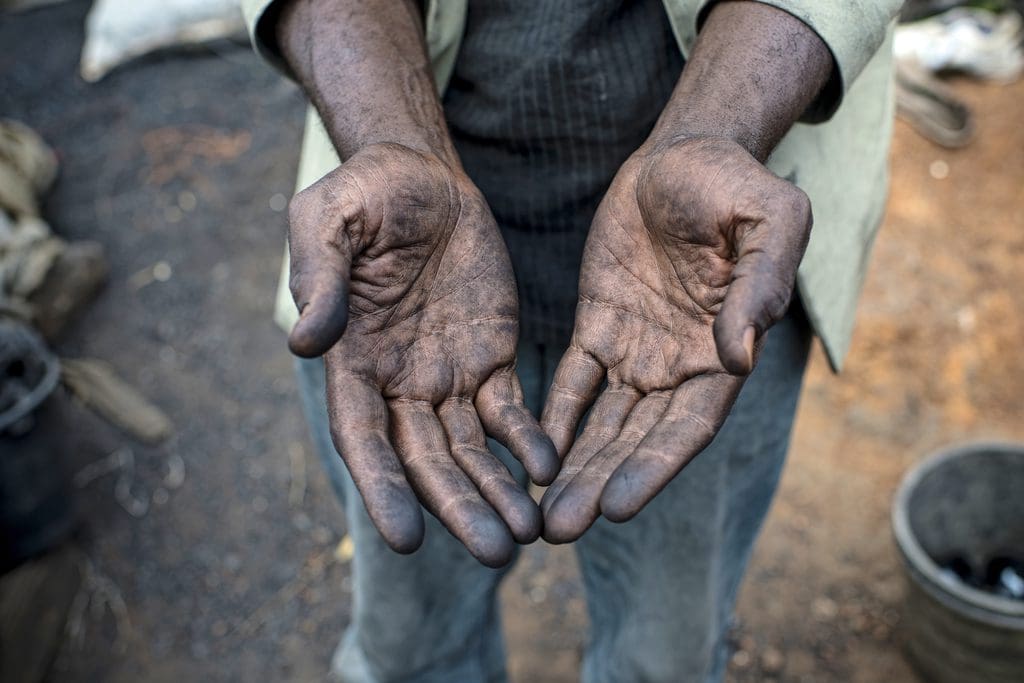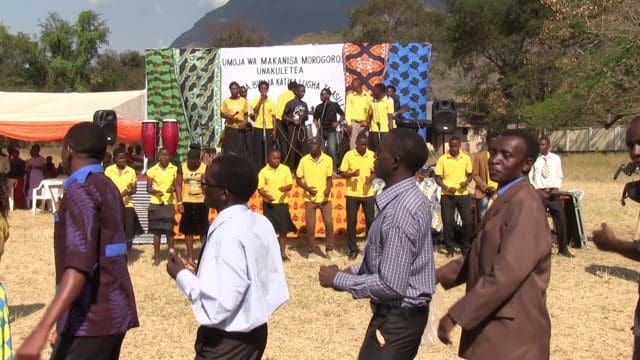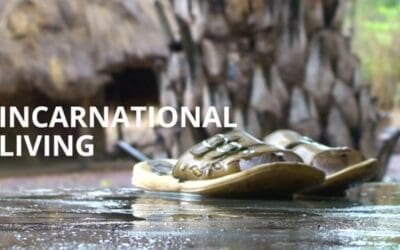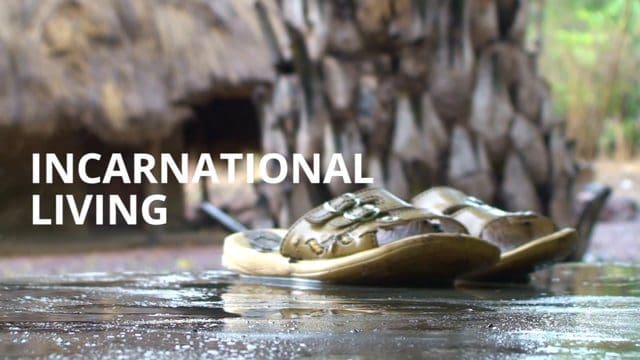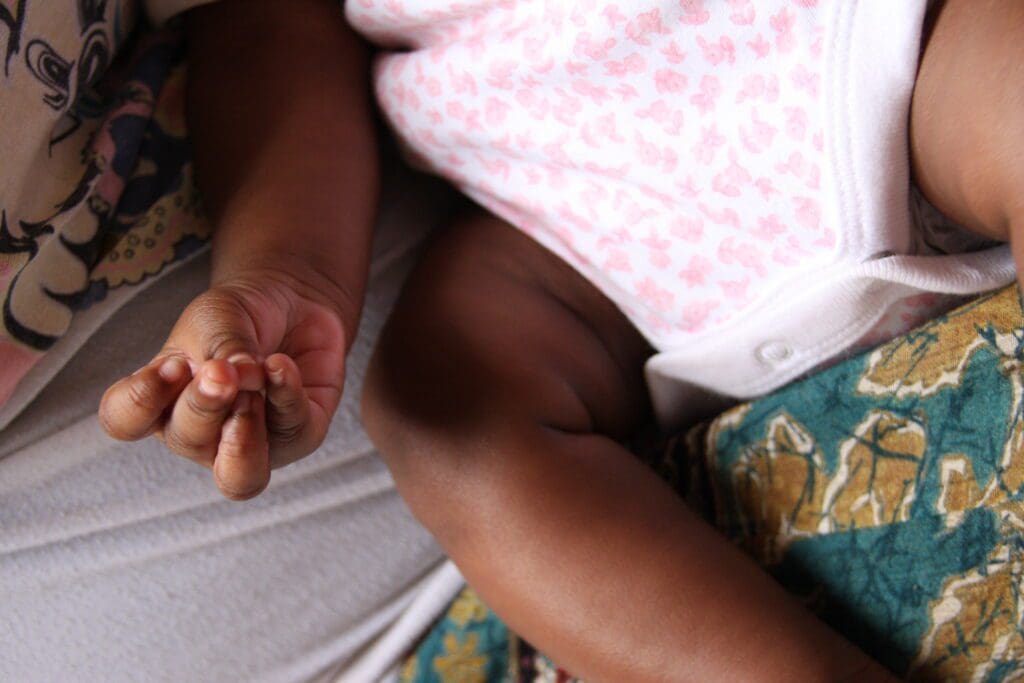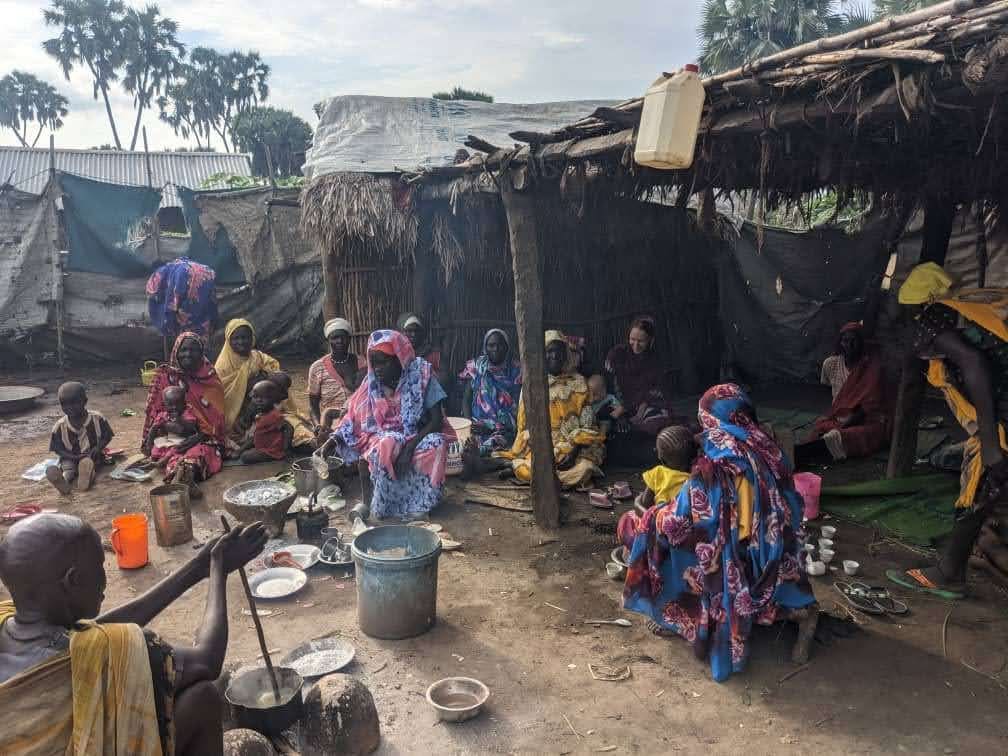I hate bugs. No, I’m not the kind of person who goes into hysterics every time I see a spider. I can usually keep my cool. But still — the sight of one gives me an unpleasant shudder and a wish to be somewhere far away. Somewhere where spiders never existed.
“If the bug is outside, leave it alone,” my mom used to tell us. “That’s where it belongs. But if it’s inside our home, kill it.” But now, here in the middle-of-nowhere North African village where we’ve recently moved, if I tried to kill every bug that has taken up residence in our home, I’d have a full-time job (and a lot of insect guts) on my hands.
And in the spider’s defense, he was here first. This house has been sitting vacant for several months, and its solid walls and roof probably make a nice shelter for all the newlywed spiders (and wasps and termites and beetles) just starting their families. I guess I’m just tired of finding a new wasp nest on my bookshelf every morning and a new spider web in the bathroom every afternoon. It’s impossible to keep up with.
Small things start to feel like big things when you’re tired and stressed and beyond your capacity.
The bugs are a small thing, really. But small things start to feel like big things when you’re already tired and stressed and beyond your capacity and then you see a two-inch grasshopper on your toothbrush. Or a three-inch furry spider in the baby’s toybox.
And the bugs make an easy punching bag for all the other stressors of life that aren’t so tangible or visible. It’s easy to label the stress that rises when a cricket jumps on my face or my one-year-old starts chewing on a dead beetle. It’s a bit harder to describe the myriad intangible stresses of unknown situations, unfamiliar stimuli, inexplicable social interactions, and a house that doesn’t quite feel like home. These stresses are too complex, simmering too far beneath the surface. But when there’s yet another swarm of tiny flies dying into my bathroom sink, the vague sense of mounting frustration finds tangible expression.
And then there are the moths. They settle on the mosquito net, the curtains, the walls. They flutter out of my closet and from inside piles of laundry. I can’t help thinking of Jesus’ words: “where moth and rust destroy.” And I wonder, in what way exactly do moths destroy? Do they eat clothes? I don’t have a lot of clothes, but I like them all and don’t want them eaten. Is there any way I can prevent that?
You see, I think a deep reason why pests bother me so much is that they make me feel vulnerable. Like I could be harmed, or my possessions damaged, with nothing I can do about it.
In America we have become experts at protecting ourselves. We have well insulated houses, cars, and garages. We have pest control services and sticky traps. We take vitamins to prevent illness and wear safety gear to prevent injury. We have sirens to alert us to natural disasters and insurance to prevent financial disasters.
But when we get into a new context that is not so easily controlled and conditioned, we struggle. We feel vulnerable. And the truth is, we are vulnerable. Even in America, harm finds its way past our defenses. Whether car accidents, floods, house fires, bed bugs, robbery, or chronic illness — the truth is, we can’t escape the reality of our helplessness, no matter how well we try to plan or prevent it.
Take rats, for example. Here in our North African home, I’ve tried my best to keep trash in lidded bins and food in sealed containers to avoid attracting rats. And yet there was a large one on our porch last night (please, please, please, stay outside). I’ve heard stories of rats chewing through cardboard just for fun. One teammate has a hole in her purse because of a rat. Another teammate had a rat eat her makeup. How can I prevent harm from a creature with such an unpredictable appetite?
There’s a reason Jesus said, “Don’t store up treasures on earth, where moth and rust destroy and where thieves break in and steal.”
He didn’t say, “Get mothballs and rust inhibitor.” He didn’t say, “Put your treasures in high-security air-conditioned storage units.” Because He knew that no earthly measures of protection can make us immune to this fallen world where bodies decay and possessions do not last.
And He also knew that life is made up of more than material bodies and material possessions. There are better things, things that last forever. That is why Jesus says, “But store up treasures in heaven, where moth and rust do not destroy and where thieves do not break in and steal.” Or, in other words, “Seek first His kingdom.”
Sanctification is always easier in writing than in reality.
I’d like to vow that next time I see a wasp inside my mosquito net, I will remember this lesson — that I will ponder the futility of material things, the reality of my helplessness, and the need to trust in the limitless kindness of Christ. And maybe, by God’s grace, I will.
(But first I will hide under the covers and ask my husband to get rid of the wasp.)
Sanctification is always easier in writing than in reality. But thankfully our God is patient to finish the work He began in us.
When it comes to spiders, I have a long way to go.
Photo by Ed van duijn on Unsplash
